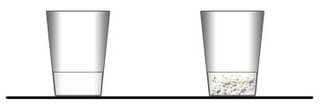BENEFICIAL RESULTS IN FERN-C
- As super anti-oxidant, it strengthens the Immune System of the body.
- Protects the body against flu, cough, bronchitis, respiratory problems , viral and bacterial infections.
- Safeguards the heart & entire cardiovascular system from bad cholesterol deposition.
- Gets rid of the accumulated toxins like heavy metals, pesticides & other pollutans found in air , food and water in the body.
- Acts as a natural anesthetic and anti-inflammatory.
- Inhibits tartar formation by preventing periodical damage to gums & sockets.
- Helps ease mental stress & protects against stress related disorders.
- Helps to end constipation & shrink hemorrhoids.
- Strengthens the capillaries & other blood vessels.
- The antihistamine actions of Fern-C
Take FERN-C daily“LIVE LONGER…FEEL BETTER”can enable people to tolerate foods they otherwise could not eat.
- Maintains your adrenal cortex and ovaries.
- Reduces insulin requirement of diabetics.
- Has shown a remarkable capacity to help knit bone & wage battle against such supposedly hopeless bone disorder.
- Aids the white blood cells in its ability to fight viruses, (stimulate Phagocytic activity.)
- Enhances sexual performance by abetting the healthy functioning of the Endocrine glands.



